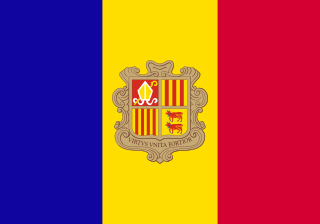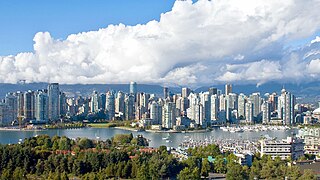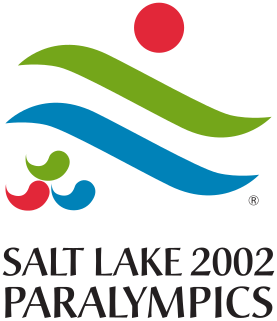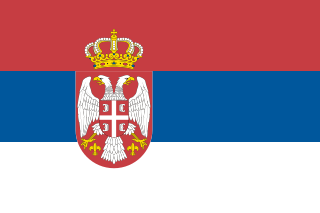| Andorra at the 2010 Winter Paralympics | |
|---|---|
 | |
| IPC code | AND |
| NPC | Andorran Adapted Sports Federation |
| in Vancouver | |
| Competitors | 2 in 1 sport |
| Flag bearer | Xabier Fernández [1] |
| Medals |
|
| Winter Paralympics appearances | |
Andorra sent a delegation to compete at the 2010 Winter Paralympics , in Vancouver. It fielded two athletes, both in alpine skiing.

Andorra, officially the Principality of Andorra, also called the Principality of the Valleys of Andorra, is a sovereign landlocked microstate on the Iberian Peninsula, in the eastern Pyrenees, bordered by France to the north and Spain to the south. Believed to have been created by Charlemagne, Andorra was ruled by the Count of Urgell until 988, when it was transferred to the Roman Catholic Diocese of Urgell, and the present principality was formed by a charter in 1278. It is known as a principality as it is a diarchy headed by two Princes: the Catholic Bishop of Urgell in Catalonia, Spain, and the President of France.

The 2010 Winter Paralympics, officially the X Paralympic Winter Games, or the tenth Winter Paralympics, were held in Vancouver and Whistler, Canada from March 12 to 21, 2010. The Opening Ceremony took place in BC Place Stadium in Vancouver and the Closing Ceremony in Whistler. With a theme of "One Inspires Many," the Opening Ceremony featured over 5000 local performers. Fifteen-year-old snowboarder Zach Beaumont, who is an amputee, was the final torch bearer and lit the Games Cauldron. The 2 hours live ceremony was produced by Vancouver-based Patrick Roberge Productions Inc.

Vancouver is a coastal seaport city in western Canada, located in the Lower Mainland region of British Columbia. As the most populous city in the province, the 2016 census recorded 631,486 people in the city, up from 603,502 in 2011. The Greater Vancouver area had a population of 2,463,431 in 2016, making it the third-largest metropolitan area in Canada. Vancouver has the highest population density in Canada, with over 5,400 people per square kilometre, which makes it the fifth-most densely populated city with over 250,000 residents in North America, behind New York City, Guadalajara, San Francisco, and Mexico City according to the 2011 census. Vancouver is one of the most ethnically and linguistically diverse cities in Canada according to that census; 52% of its residents have a first language other than English. 48.9% have neither English nor French as their first language. Roughly 30% of the city's inhabitants are of Chinese heritage.


















